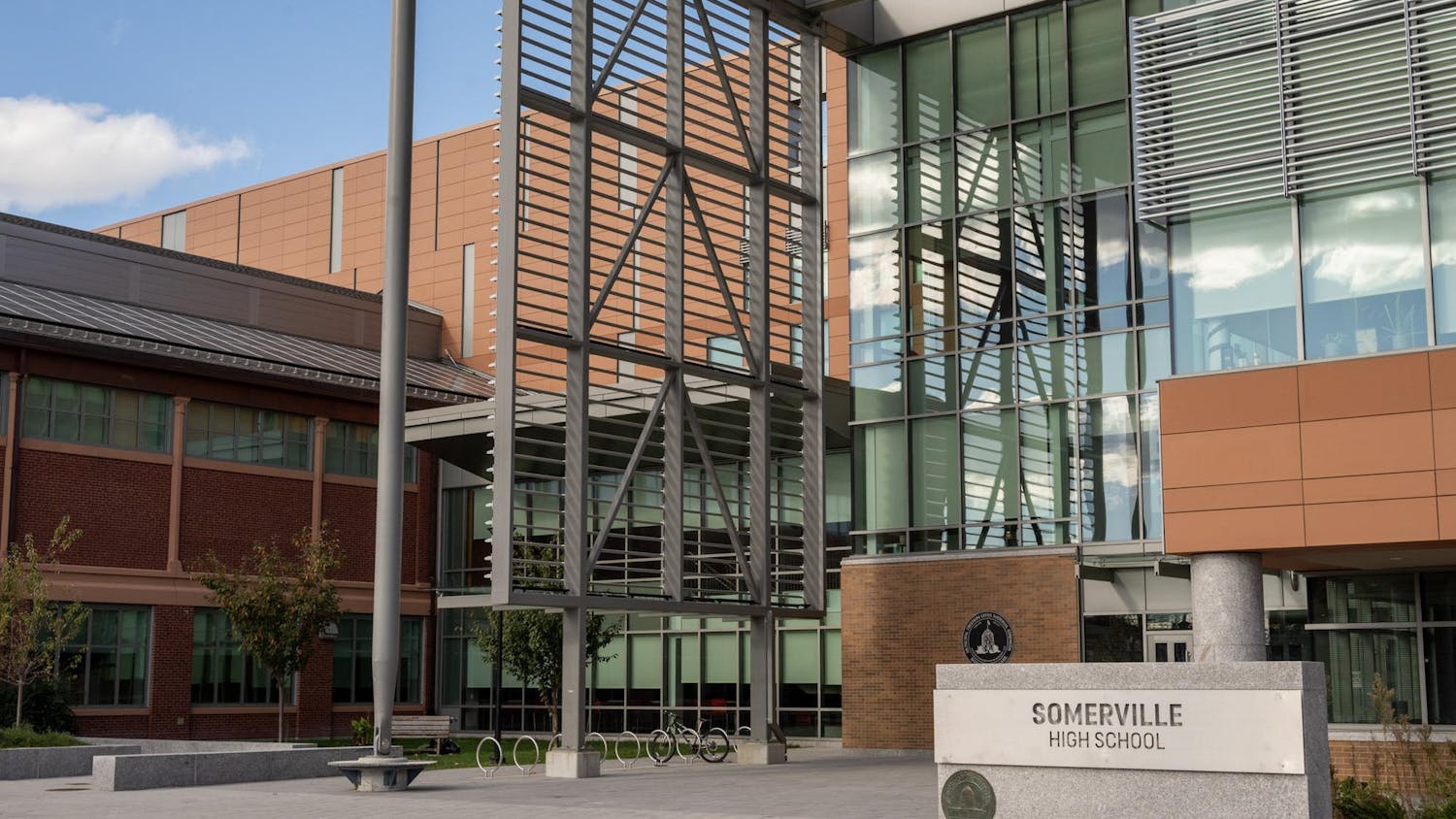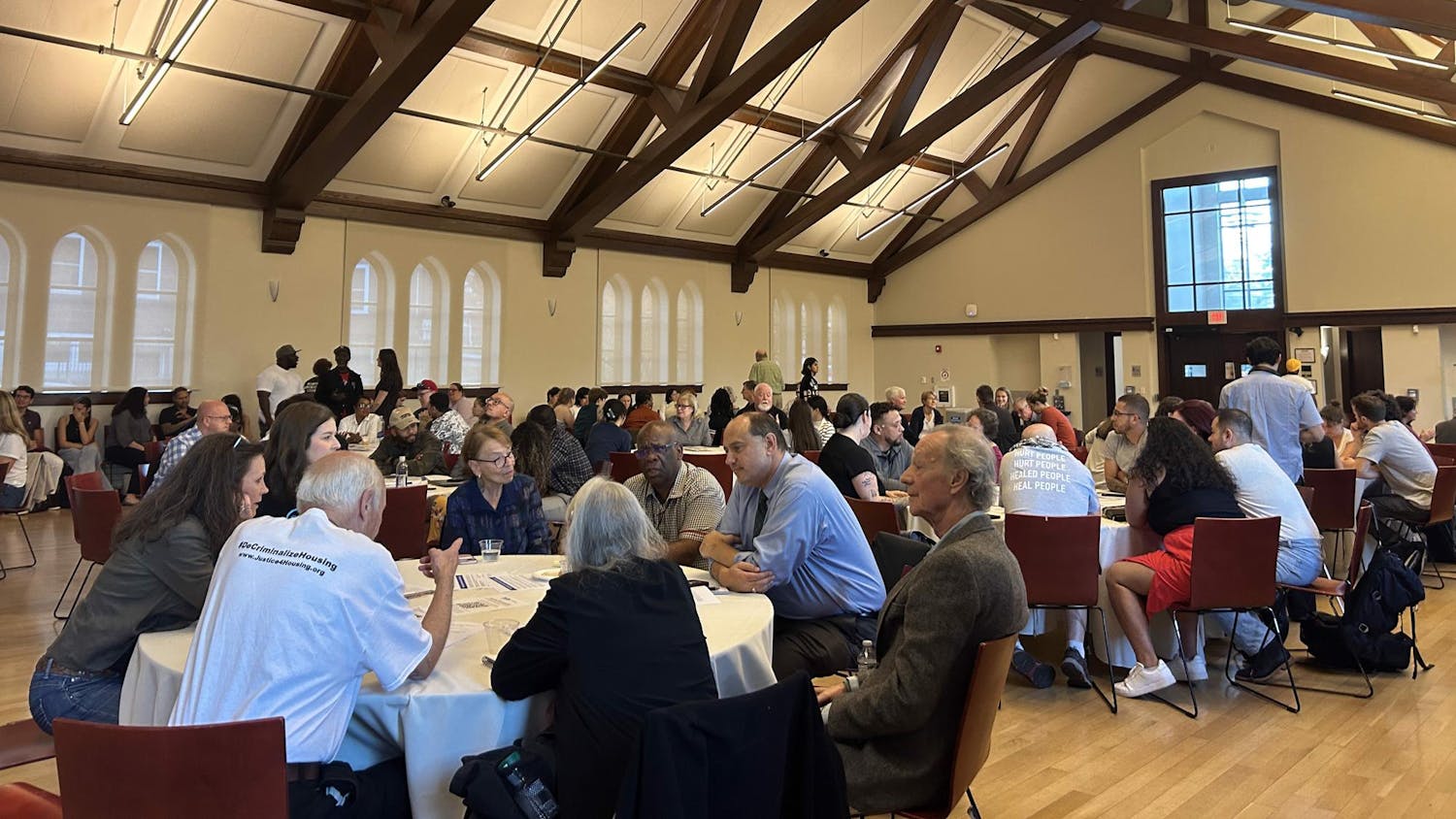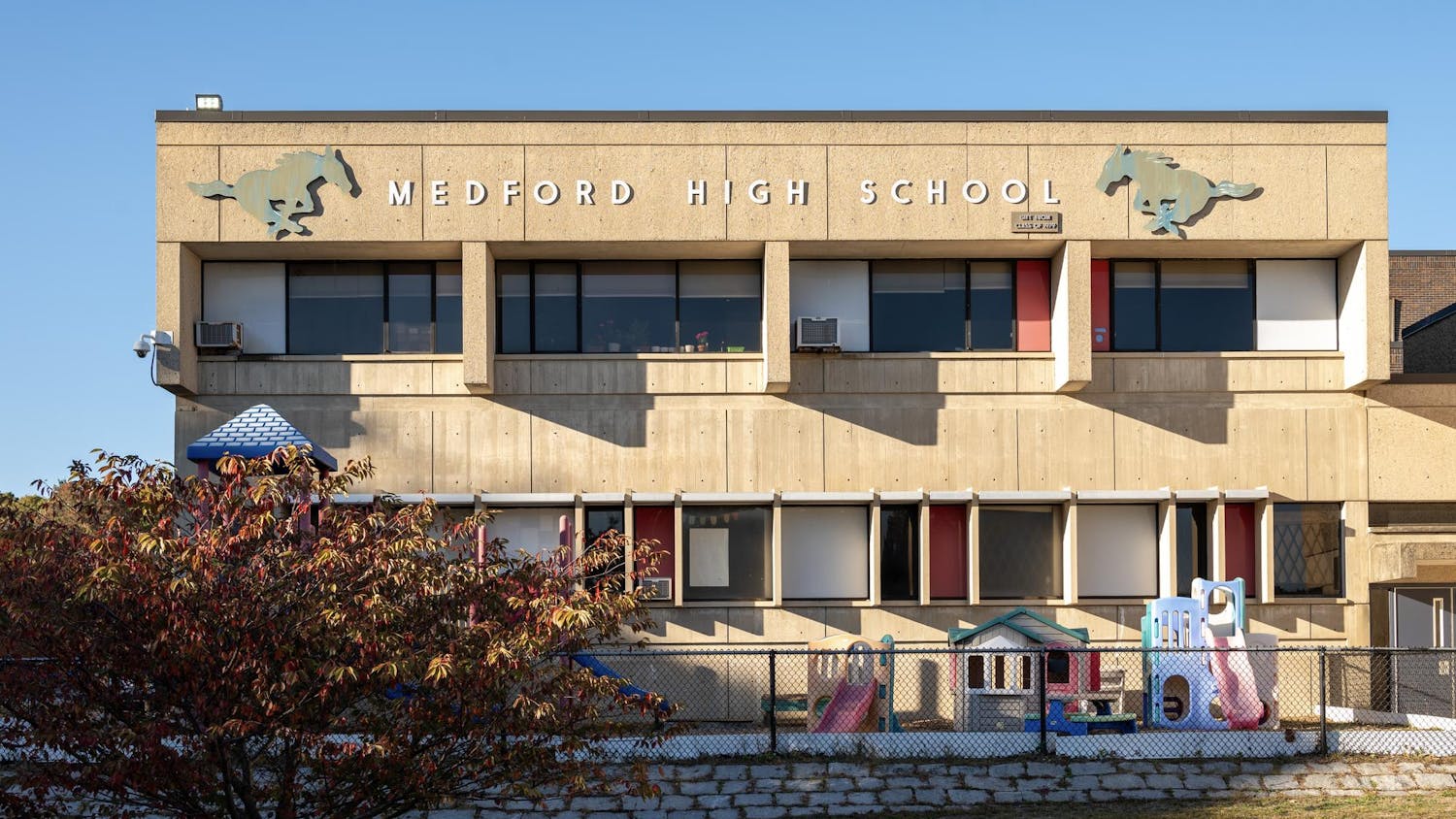A fledgling consortium of six Middle Eastern-related student groups sponsored two events last month in the wake of the conflict in Gaza and southern Israel, but participants' efforts to create a civil forum for dialogue did not stop even as the heat from that war died down on campus.
The tentatively named Middle East Planning Group consists of the Tufts Friends of Israel, Arab Student Association, Muslim Student Association, Tufts Hillel, the Office of the University Chaplain and Tufts Pathways. The Institute for Global Leadership's New Initiative for Middle East Peace (NIMEP) also participates in meetings, although its group is not officially part of the collaboration.
The consortium published a joint statement for peace in the Daily on Jan. 21. Denouncing violence and "inflammatory rhetoric," the statement called for civil dialogue following the outbreak of violence in Gaza and southern Israel. All six groups signed the declaration.
"We call upon all members of the Tufts community to commit themselves to an open and respectful discussion about these issues, as well as to respect all opinions expressed on campus," the statement read.
Since the groups published the declaration, they have co-sponsored two events aiming to facilitating dialogue about the Israeli-Palestinian conflict.
During the first of the events, held on Jan. 21, students discussed the conflict, debating both sides' conduct during the war and exploring possible solutions. A second program held the following week featured students sharing their anecdotes of living and traveling in the Middle East.
"The discussion has been very positive," said junior James Kennedy, a co-chair of NIMEP, which hosted the first event.
While the seven Middle East-related groups have guided and organized much of the on-campus conversation on the recent conflict, they have also strived to incorporate students unaffiliated with any of the organizations. This goal was realized to some extent during the first program.
"I think it's important that people know they should feel welcome at the events that we sponsor even if they don't know a lot about the conflict," said sophomore Danna Solomon, who is on the planning committee for Conversations, Action, Faith and Education (CAFE), an extension of Pathways.
Concerned that some students may be afraid to speak their minds, the collaborative group formed a subcommittee on education, in order to better inform students about the ongoing conflict.
The ensemble has also created subcommittees for planning social events and a concert, said freshman Seth Rau, the political vice president of Tufts Friends of Israel. He added that he hopes the collaboration between the groups will become a permanent alliance.
Associate Professor of Political Science Malik Mufti moderated the consortium's first event, a discussion in Eaton Hall.
"I think it was very fairly balanced discussion," said junior Samina Hossain, a member of the Muslim Student Association who attended the event. "I think everyone had their say. What I liked was that there were a lot of personal narratives. It was a discussion of ideas and causes."
In addition to the consortium's two events, Tufts Friends of Israel presented a briefing by Israeli Consul General to New England Nadav Tamir on Jan. 22.
That discussion was sponsored by Tufts Hillel, Tufts Friends of Israel, the Jewish Community Relations Council of Greater Boston and B-right, a Tufts group for students who have participated in free Taglit-Birthright trips to Israel.
Another event was also planned for a date in January but was postponed. That program was supposed to feature a panel of local religious leaders.
Some have already seen the benefit of the dialogue.
"People do want to know what we have to say," Hossain said of the Muslim Student Association, noting that the group has distanced itself from political issues since 9/11.
"The university is a place to exchange ideas -- whether they be polarizing or not," she said. "Tufts needs to let these ideas flourish. The more people get involved, the less influence the less extreme views have."
"It's really inspirational," Solomon said of the cooperation. "The events have been really successful, and we have a couple more in the works. It's really great to be working together and to have cooperation [among] all six organizations."





